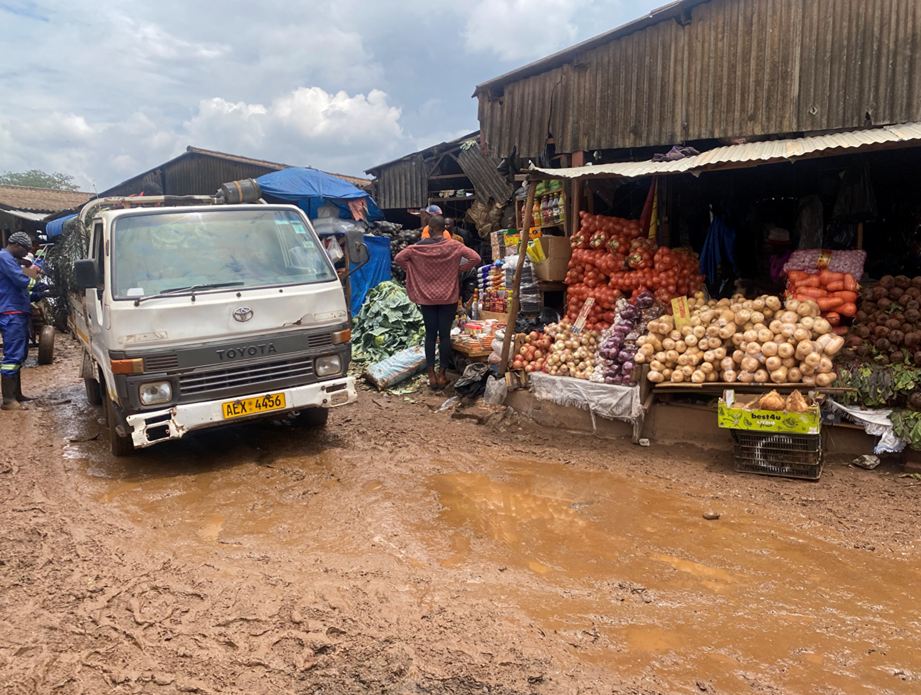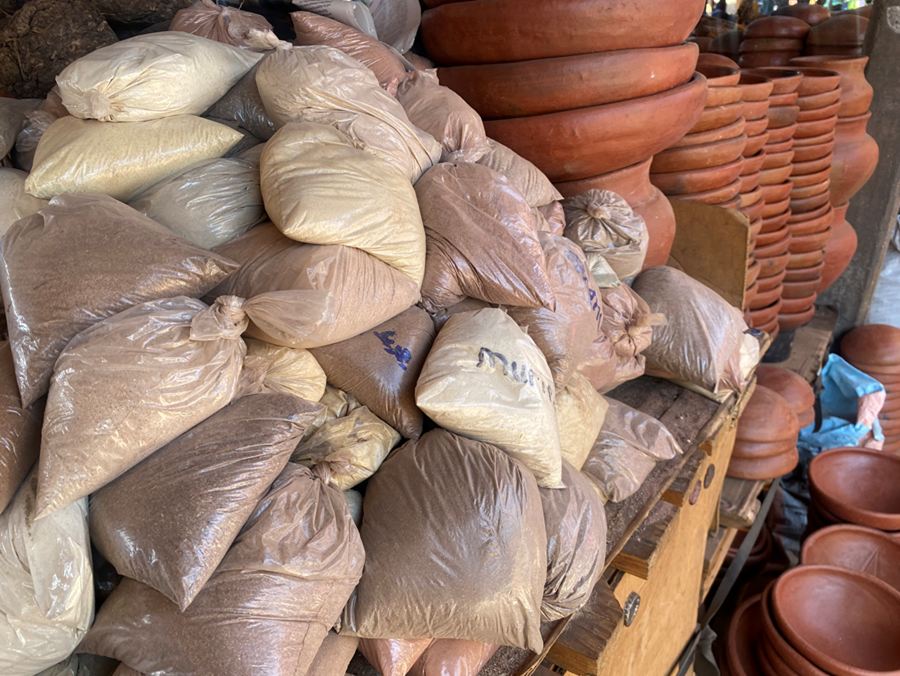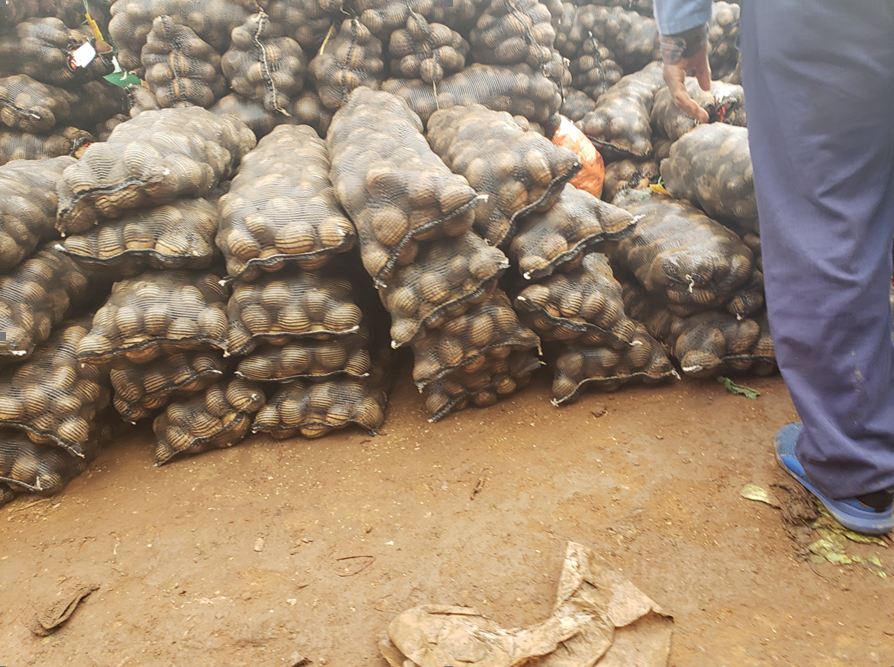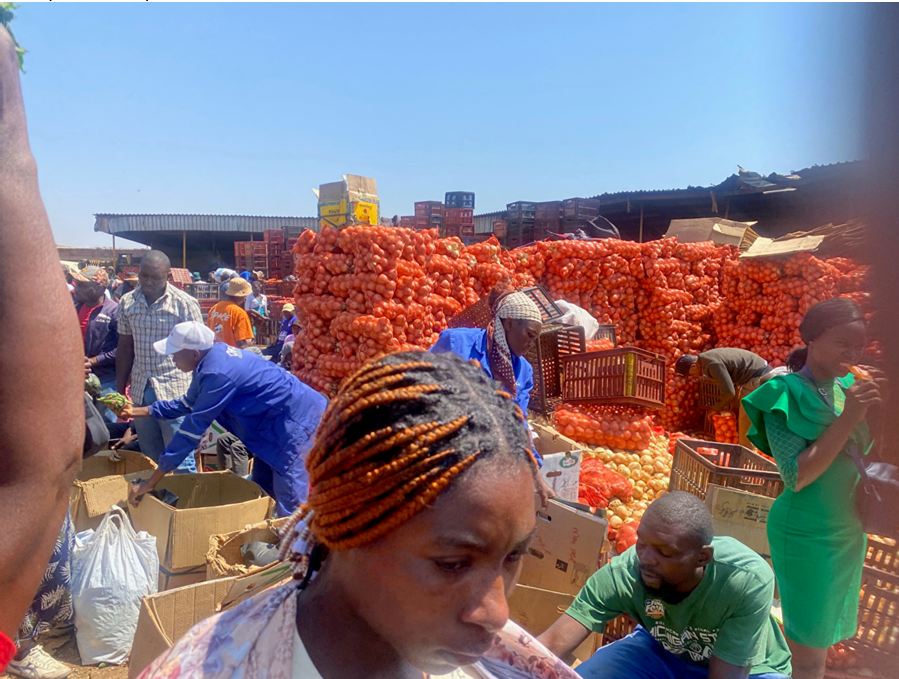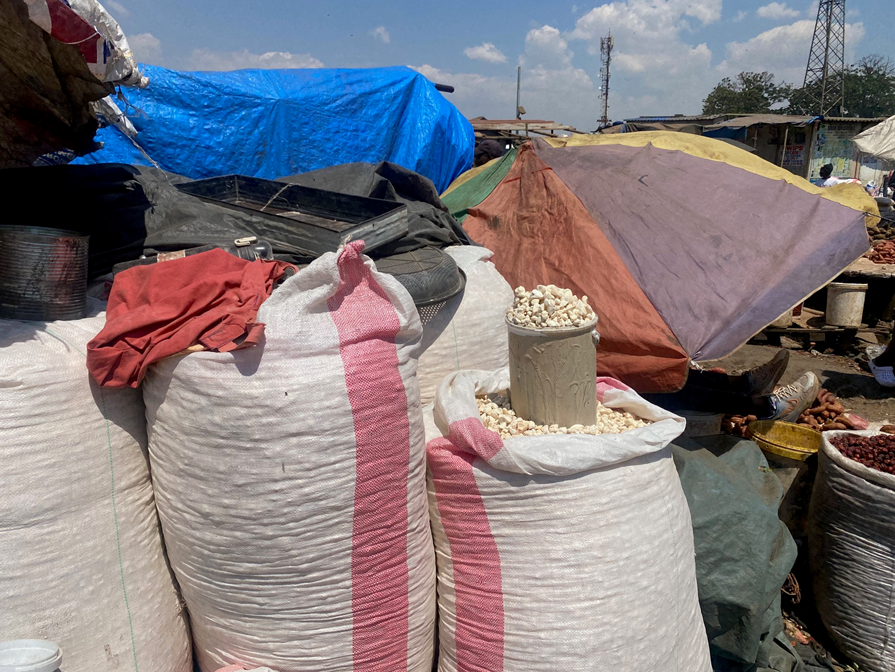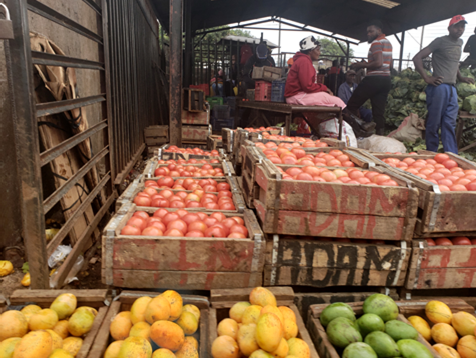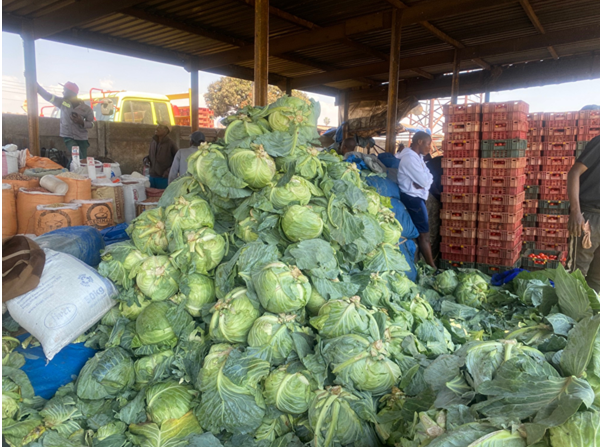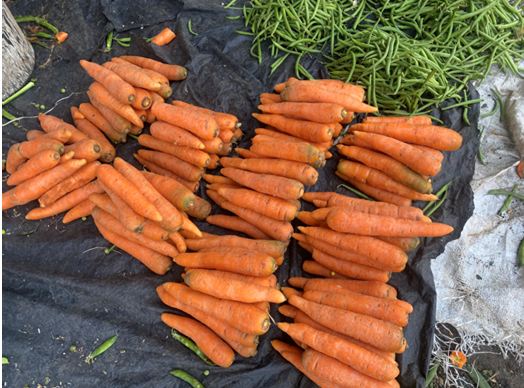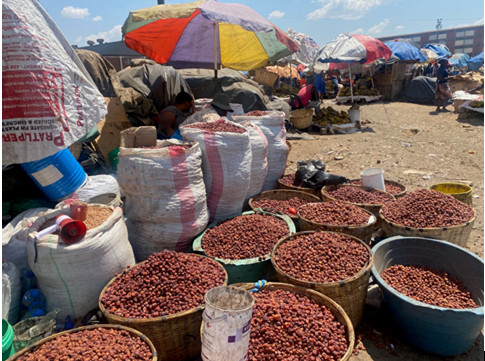services and products
Loan Access Facilitation and Management
Loan Access Facilitation and Management
Products Development and Processing
Products Development and Processing
Markets -Oriented Training & Advise
Markets -Oriented Training & Advise
About Us
The word Mkambo refers to market in isiNdebele language. It has the same connotation in the Shona language though in Shona, the word Musika commonly refers to the market One of the challenges facing Zimbabwean agriculture and rural development is lack of reliable, usable and timely information, evidence and knowledge for effective decision making. A significant part of the available information is either out-dated or dispersed in various institutions, people and environments. When projects and programmes by various NGOs, private sector players and other development organisations come to an end, in most instances, there is no clear mechanism for the knowledge that was gathered to be handed over and inform new initiatives. In addition, competition rather than collaboration among organisations in the same sector works against knowledge sharing.
"eMKambo has been working in Agricultural mass markets for more than 10 years and these markets take more than 70% of what is produced in Zimbabwe, that is, indigenous food like small grains, indigenous chickens, fresh produce etc. As eMKambo we monitor these markets to see what is going on there. There is need to form a department at government level that will monitor food to see where it is going, after it is produced.... "
Knowledge Transfer Africa and PELUM Zimbabwe held a Knowledge Café on the 9th of March 2023, to positioning Agroecology within existing Food markets and unpack the looming bumper harvest. Emerging issues from the food system were discussed including: How prepared are we as a nation to handle a bumper harvest? What is the relationship between agroecology and Pfumvudza, among other initiatives toward securing national biodiversity, diets and health? How do we consolidate investments in local food systems? Poor coordination from production to markets has, over the years, resulted in huge losses within the food system especially during and after bumper harvests.

